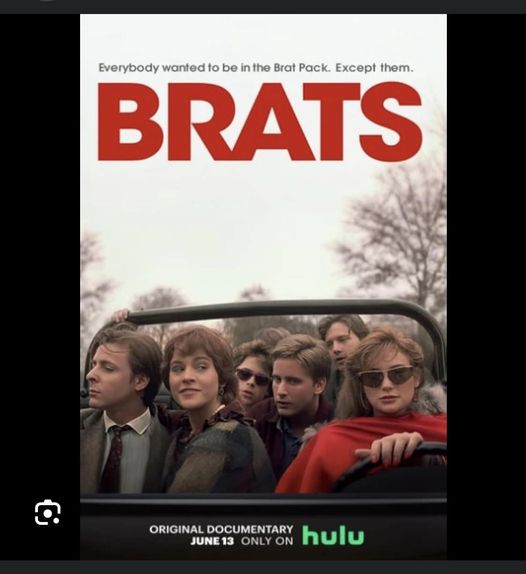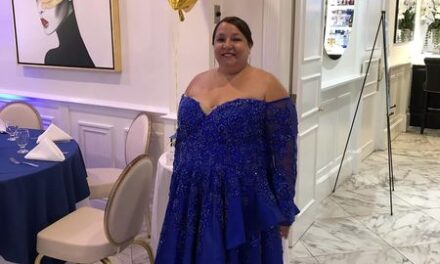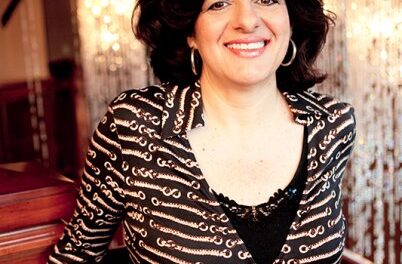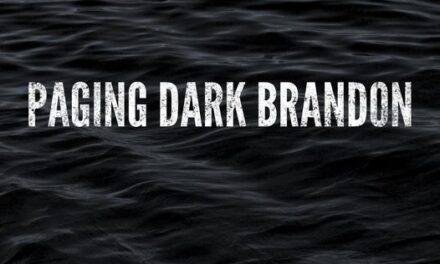For as long as I can remember, I’ve been fascinated with psychology. I was one course shy of a minor in it in college. Aside from literature, my favorite papers to write were typically for a psych class.
I suppose, mostly subconsciously, that’s why I was so drawn to 80s movies like The Breakfast Club, St. Elmo’s Fire, and Less Than Zero. So much angst. Drugs. Hookups. Secret crushes. Soulful conversations deep into the night. Crazy assumptions about others. Music, an extension of one’s personality. Drinking as sport. That one friend always courting trouble.
Of course, then, I was going to tune in to watch Brats, a recently released documentary directed by Andrew McCarthy. Man, I dug him in those movies, baby face and all. Something about that reserved, good-guy-with-an-edge character he always seemed to play.
I like that in this film he takes us on a journey to understand the impact of one New York magazine writer’s characterization of that core group of actors as the Brat Pack. How it stuck. Who it bothered. Who managed to transcend it. A study in labels, really, and what we project onto them.
The Brat Pack moniker clearly colored McCarthy’s view of himself as an actor. He sets out to interview the other actors and some executives involved in the major movie projects back then. The conversations were illuminating and centered in psychology.
Emilio Estevez – the main subject in the Brat Pack magazine profile — still can’t shake the impact of that label. Ally Sheedy mostly just seems grateful to have been a part of it. Demi Moore and Rob Lowe perhaps had it just right – they didn’t internalize the negative aspects to the extent that it affected their careers. Moore was soulful in the discussion, while Lowe pointed out how revolutionary they were in Hollywood.
Judd Nelson and Molly Ringwald didn’t sit down for interviews with McCarthy, which seemed telling in itself. I enjoyed hearing from Jon Cryer and Lea Thompson, more Brat Pack-adjacent than actual members; Cryer studiously avoided the label while Thompson welcomed it.
It had never occurred to me all these decades later that one article had such an impact on these young actors, in their formative 20s when all this was going down. I was also in my angsty 20s then, so in retrospect it isn’t hard to understand how hard it might have landed.
McCarthy’s sit-down with David Blum, who wrote the article at the center of all this, made me squirm a bit because it had such potential for clash. For some perspective, Blum was 29 when he wrote the piece and McCarthy was 22. He is a writer with no regret about coming up with the name Brat Pack and it was riveting to watch McCarthy’s reaction to that.
As a writer, it got me thinking about the impact my own words have, in ways I will often never know. There are so many moments in our lives we can conjure up because they make us feel a certain way, yet the “perpetrators” in these scenarios have no idea.
Brats was a welcome chance to reflect on a formative time and take stock of what our entertainers were going through. Then and now. Good and bad.
[Editorial Note: This is my 15th installment in a series I began in order to give my writing some flow after being in a healing phase from knee surgeries for a year (2023-24).]






